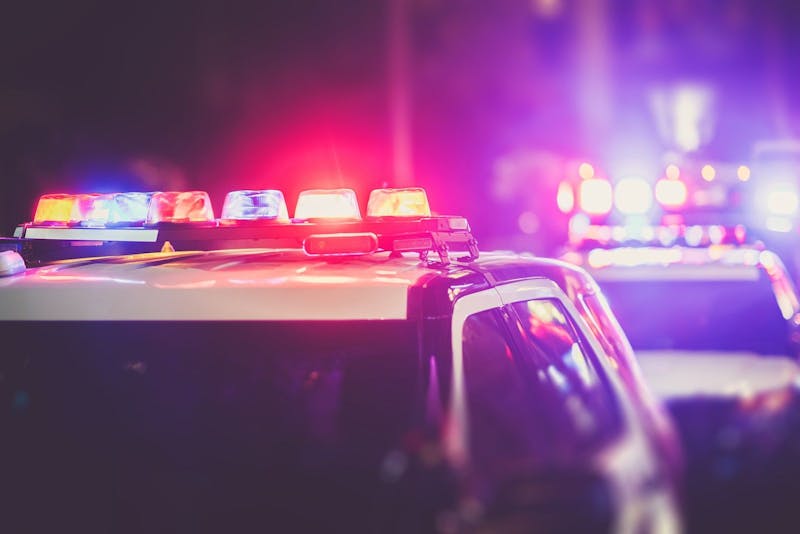
In Florida, individuals placed on probation must adhere to a strict set of rules to remain out of jail. Receiving a new criminal offense charge while on probation has many negative consequences. Our criminal defense attorneys have assisted many clients dealing with a new charge while on probation and offer some insights about what you can expect if you find yourself in a similar situation.
Will My Probation Be Revoked if I Am Charged With a New Offense?
Being charged with a new offense while on probation is considered a violation. If you are on probation for a felony crime, in most cases your probation officer will file a petition to revoke your probation.

A judge will decide whether to accept or deny the petition based on several factors such as the severity of the new charges, whether this is your first conviction, whether you are currently employed or attending school, and whether your probation officer reports that you have complied with all probation conditions so far and recommends that you are released. It is extremely important to be working with a criminal defense attorney at this stage, so you have better chances of arguing against being taken into custody.
Do You Always Go to Jail if You Receive New Charges While on Felony Probation?
The Florida Statute 948.06 defines that if a judge has reasonable grounds to believe that an individual has violated their probation by committing a new violation of law, the judge may issue a warrant for the arrest of that person, and will require this person to show up at a first appearance hearing. During that hearing, the judge will decide whether the individual will remain in jail awaiting further hearing or whether the individual will be released with or without bail.
At this stage, working with an attorney can be instrumental in influencing the judge to set a lower bond amount, and in some cases, your attorney may negotiate alternatives to incarceration by demonstrating that you are serious about staying compliant with your probation terms. Taking action as soon as you know you are being charged with a new violation may sometimes increase your chances of a more favorable outcome.
What Should You Do if You Are Arrested While on Probation in Florida?
When it comes to probation violations, a probationer will not be entitled to a jury trial and will appear before a judge who will decide whether to resentence that person or allow them to be released with a bond. Depending on the severity of the new violation, the probationer may find themselves dealing with the maximum sentence for the original charge they were put on probation for.

Even if the new charges against you prove to be false, a new arrest while on probation can trigger a series of consequences. If you are arrested, you must report it to your probation officer – usually within 48 hours. You will want to reach out to a criminal defense attorney as early as possible so you can work out a plan to reduce the impact of the new charges on your probation.
Can an Attorney Help Stop My Probation From Being Revoked?
While every case is different and outcomes are not predictable, if you have reasons to believe your probation officer may be filing a petition to revoke your probation, the time to act is now. An attorney can take proactive steps in negotiating with the judge to avoid the revocation of your probation and keep a warrant from being issued. An attorney may also attempt to convince the judge to issue a Notice to Appear rather than a warrant for your arrest, which means you would be summoned to appear in court without going to jail. Talk to the criminal defense attorneys at Carlson, Meissner, Hart & Hayslett, and request a free case review to see how we can help.

